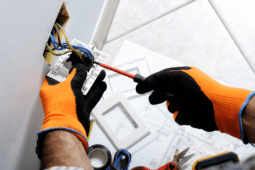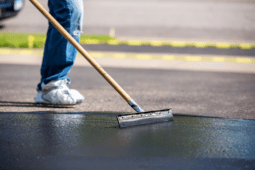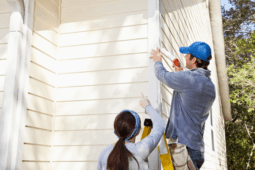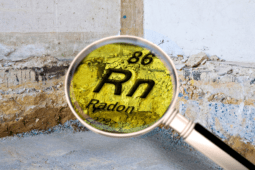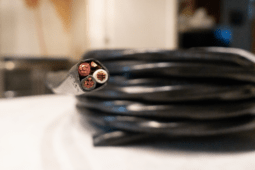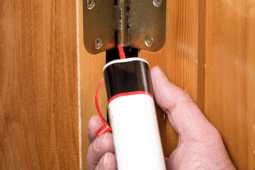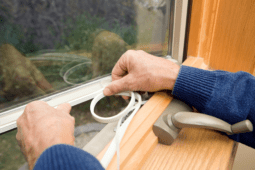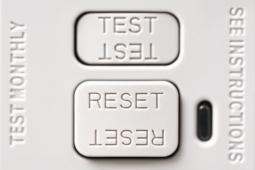5 Items Plumbers Say You Should Never Put Down the Drain
Drains are an essential part of any home, yet they are often taken for granted until a problem arises. What you put down your drains can have a significant impact on their function and longevity. Plumbers deal with clogged pipes and damaged systems daily, and they’ve identified certain items that should never make their way into your sink or toilet. In this article, we’ll explore five items that plumbers warn against putting down the drain and why avoiding them can save you time, money, and frustration.
1. Coffee Grounds
Many people believe coffee grounds are harmless because they appear small and biodegradable. However, coffee grounds tend to clump together in pipes, forming stubborn blockages that can be difficult to clear.
Instead of washing them down the drain, consider composting coffee grounds or using them as a natural fertilizer for your garden. This eco-friendly approach benefits both your plumbing and the environment.
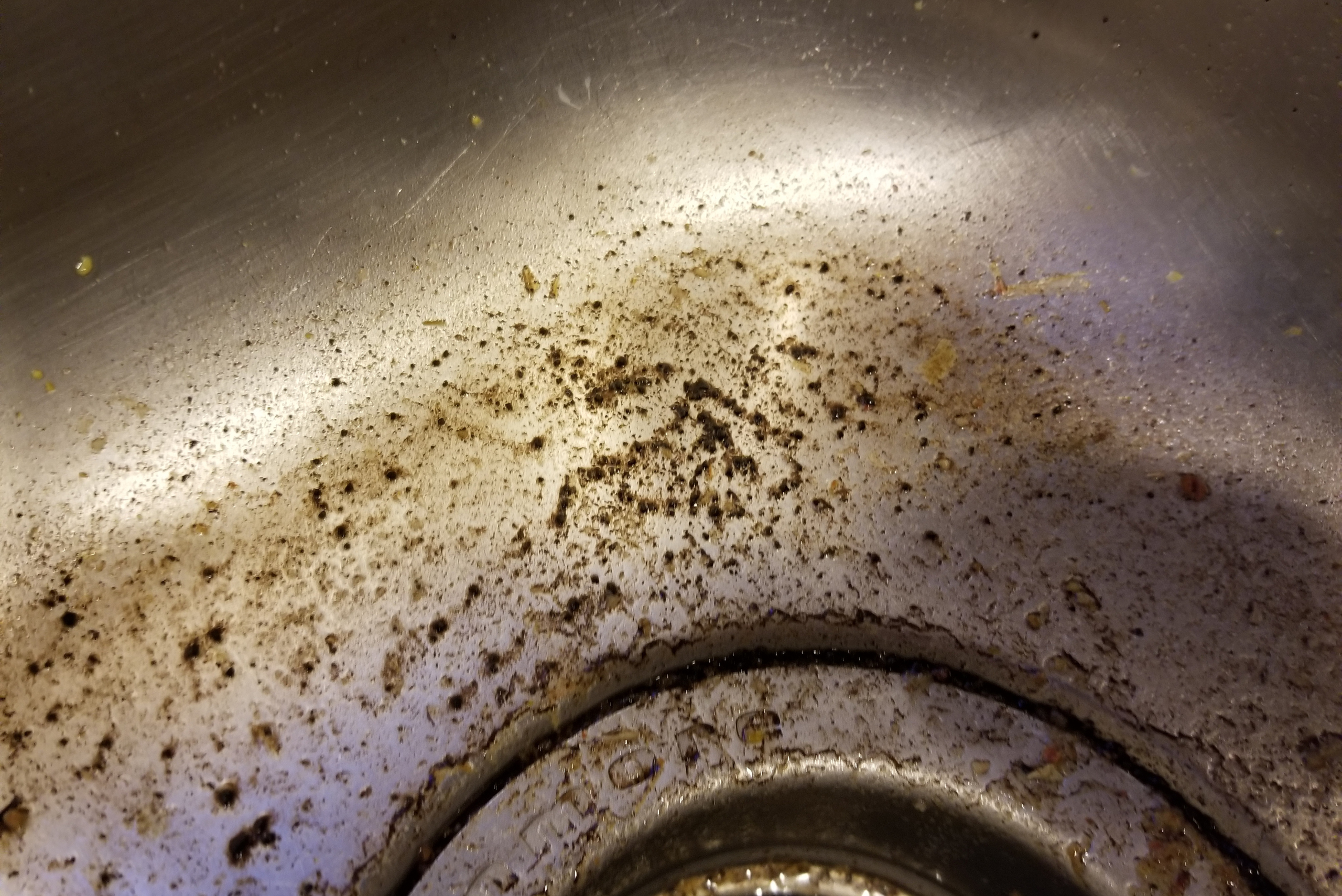
2. Food Scraps
Even with a garbage disposal, food scraps can create problems when washed down the drain. Starchy foods like rice and pasta expand in water, potentially causing clogs, while fibrous foods like celery and onion skins can wrap around disposal blades and damage them.
To prevent these issues, scrape food scraps into the trash or compost bin before rinsing dishes. This simple habit can help keep your kitchen sink functioning smoothly.
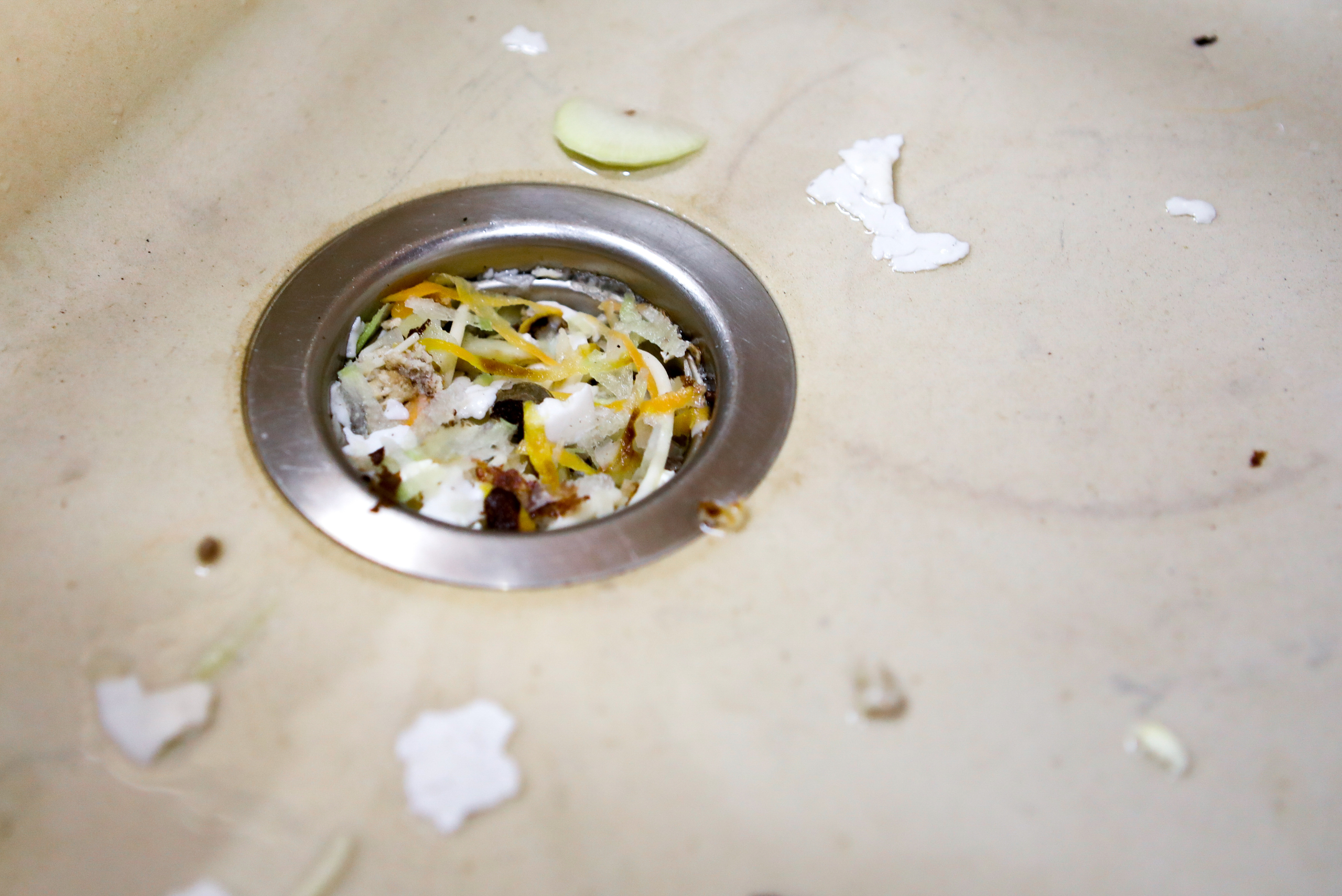
3. Flushable Wipes
Despite their name, “flushable” wipes are not safe for plumbing systems. These products do not break down as quickly as toilet paper, often leading to clogs in pipes and septic systems.
Plumbers recommend disposing of wipes in the trash rather than flushing them. If you’re looking for a more sustainable option, consider using reusable cloths for cleaning and personal care needs.
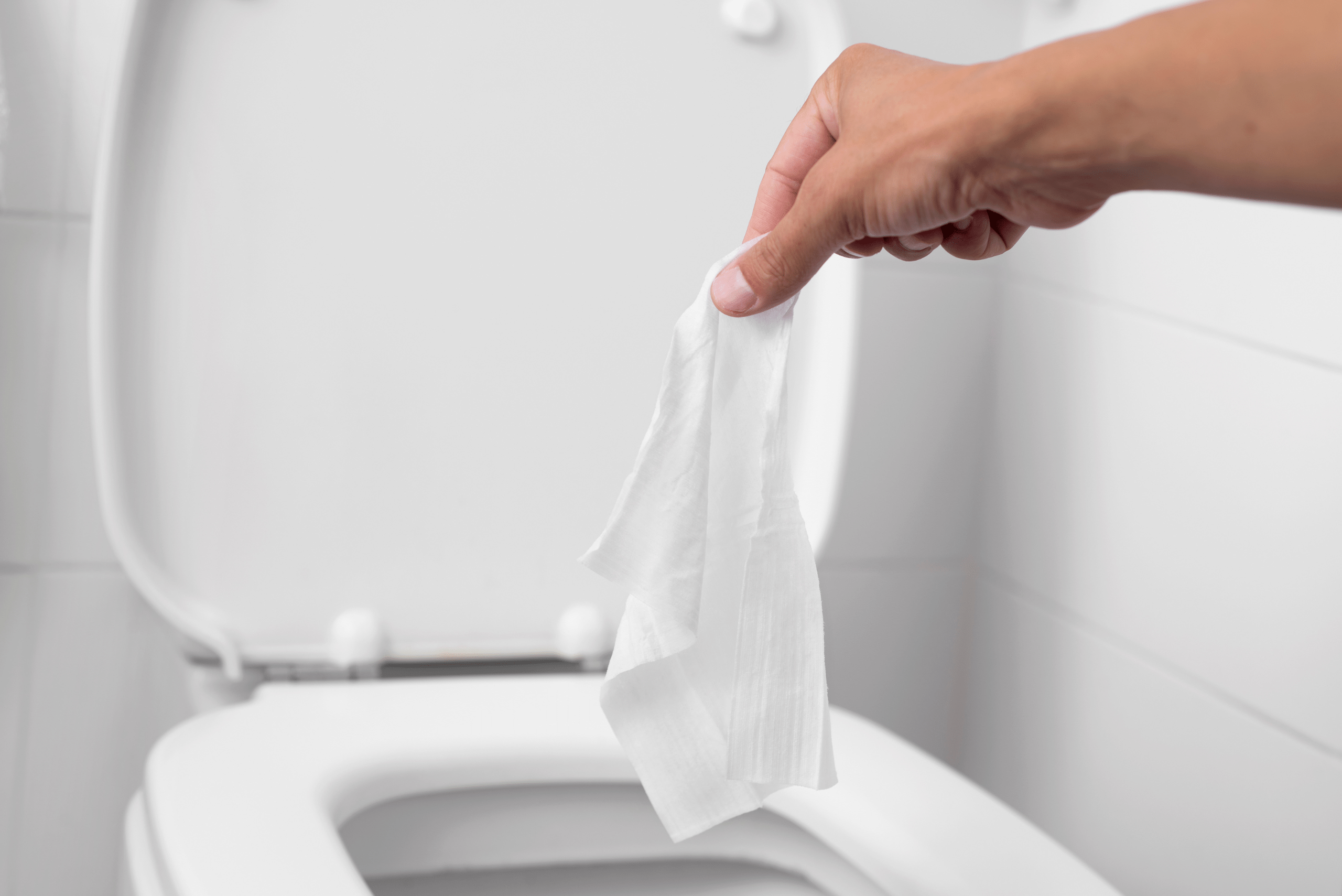
4. Chemical Drain Cleaners
While chemical drain cleaners may seem like a quick fix for clogs, they can cause more harm than good. These harsh chemicals can corrode pipes over time, leading to costly repairs and potentially damaging your plumbing system.
For safer alternatives, opt for natural drain-cleaning methods such as baking soda and vinegar or use a plunger to clear clogs. Regular maintenance, like installing drain strainers, can also prevent blockages from forming in the first place.
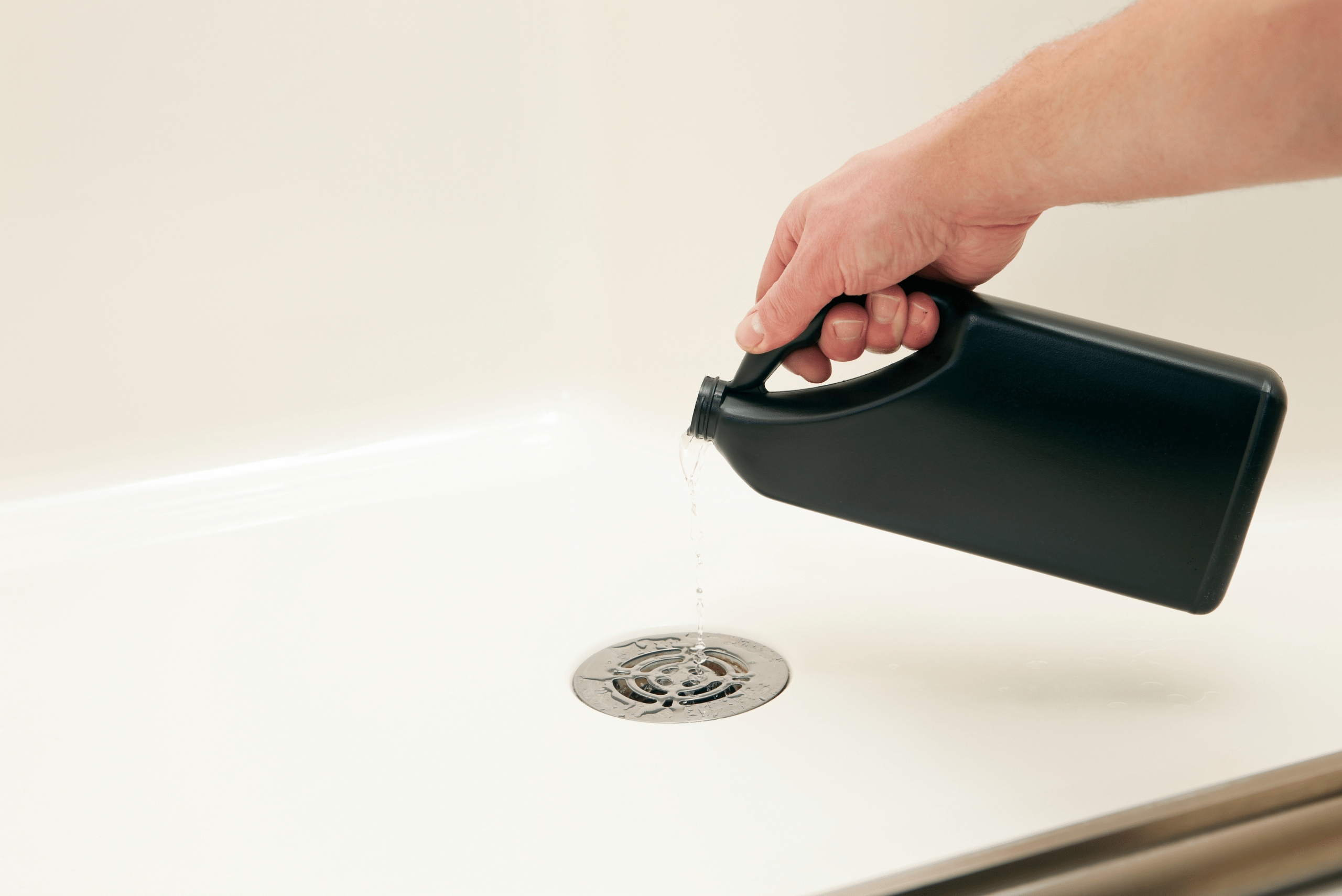
5. Grease and Cooking Oils
Grease and cooking oils may be liquid when hot, but as they cool, they solidify and cling to the walls of your pipes. Over time, this buildup can create blockages that restrict water flow and lead to significant plumbing issues.
Plumbers recommend disposing of grease and oils by pouring them into a container and throwing them in the trash once cooled. Alternatively, you can wipe excess grease from pans with paper towels before washing them to minimize the amount that enters your sink.
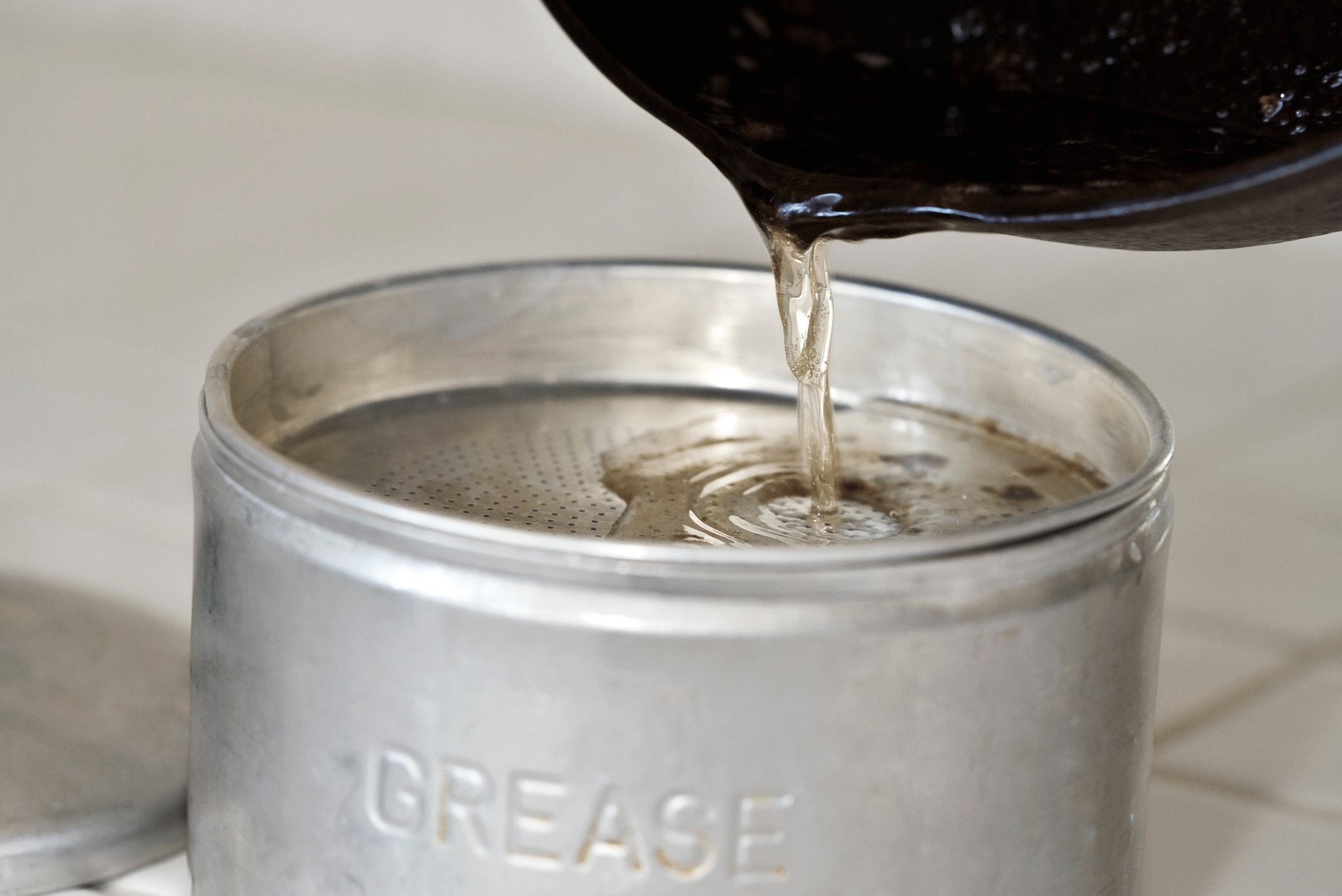
Related Articles
- How to Snake a Toilet – Step-by-Step Drain Clearing Guide
- 4 Subtle Signs That Indicate Major House Problems
- How to Remove Sink Drain – A Step-by-Step DIY Guide
Protecting your plumbing starts with being mindful of what goes down the drain. By keeping items like grease, coffee grounds, food scraps, flushable wipes, and chemical drain cleaners out of your pipes, you can avoid costly repairs and ensure your system runs smoothly. Small changes in daily habits can make a big difference in maintaining a healthy plumbing system and a stress-free home.

